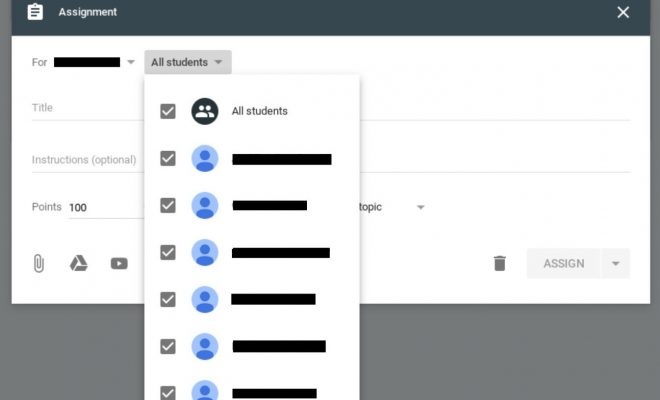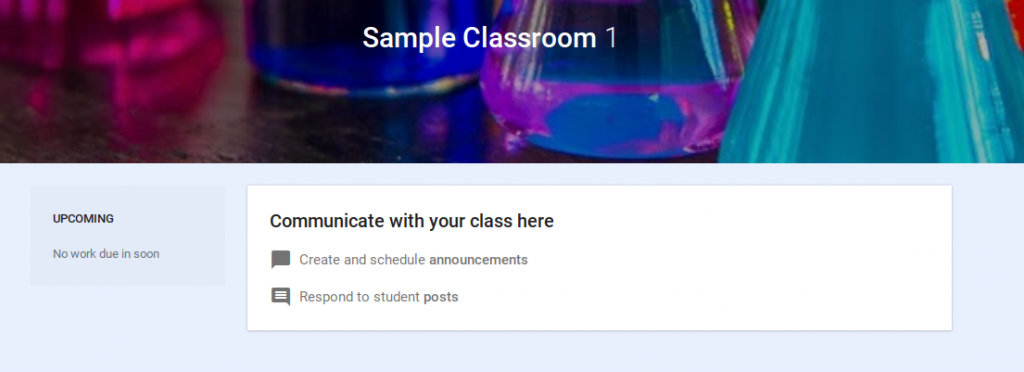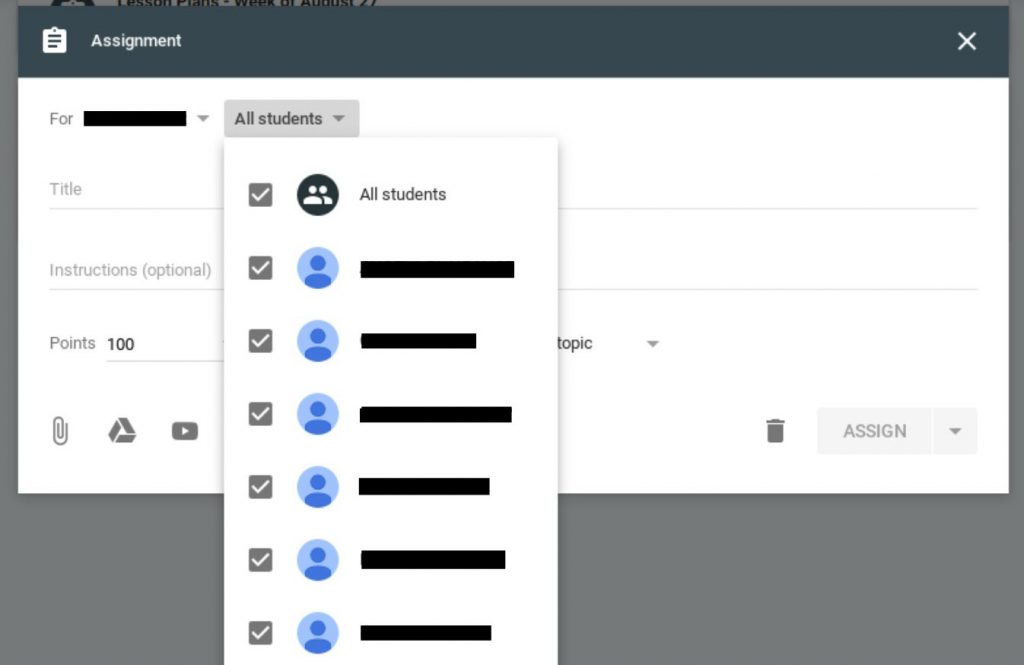10 Benefits of Google Classroom Integration

As a free online learning platform, Google Classroom offers several benefits for students and teachers. Here’s 10 reasons why teachers should give it a try.
Accessibility
Google Classroom can be accessed from any computer via Google Chrome or from any mobile device regardless of platform. All files uploaded by teachers and students are stored in a Classroom folder on Google Drive. Users can access Classroom anytime, anywhere. Students no longer have to worry about crashed computers or hungry dogs.
Exposure
Classroom provides students with exposure to an online learning system. Many college and university programs now require students to enroll in at least one online class. Exposure to Google Classroom may help students transition into other learning management systems used in higher education.
Paperless
Teachers and students won’t have excessive amounts of paper to shuffle since Classroom is completely paperless. When teachers upload assignments and assessments to Classroom, they are simultaneously saved to Drive. Students can complete assignments and assessments directly through Classroom, and their work is also saved to Drive. Students can access missed work due to absences and locate other resources they may need.

Time Saver
Classroom is a huge time saver. With all resources saved in one place and the ability to access Classroom anywhere, teachers will have more free time to complete other tasks. Since Classroom can be accessed from a mobile device, teachers and students can participate through their phones or tablets.
Communication
Built-in tools make communicating with students and parents a breeze. Teachers and students can send emails, post to the stream, send private comments on assignments, and provide feedback on work. Teachers have full control over student comments and posts. They can also communicate with parents through individual emails or through Classroom email summaries which include class announcements and due dates.

Collaborate
Classroom offers several ways for students to collaborate. Teachers can facilitate online discussions between students and create group projects within the Classroom. In addition, students can collaborate on Google Docs which have been shared by the teacher.
Engagement
Most digital natives are comfortable with technology and will be more apt to take ownership in their learning through use of technology. Classroom offers numerous ways to make learning interactive and collaborative. It offers teachers the ability to differentiate assignments, include videos and web pages into lessons, and create collaborative group assignments.

Differentiation
Through Classroom, teachers are easily able to differentiate instruction for learners. Assigning lessons to the whole class, individual students, or groups of students takes just a few simple steps when creating an assignment on the Classwork page.

Feedback
Providing meaningful feedback to students is a valuable part of all learning. Within the grading tool of Classroom, teachers can send feedback to each student on assignments. The ability to create a comment bank for future use is also available within the grading tool. In addition, the Classroom mobile app allows users to annotate work.
Data Analysis
In order to make learning meaningful, teachers should analyze data from assessments to ensure students are understanding learning objectives. Data from assessments can easily be exported into Sheets for sorting and analysis.







